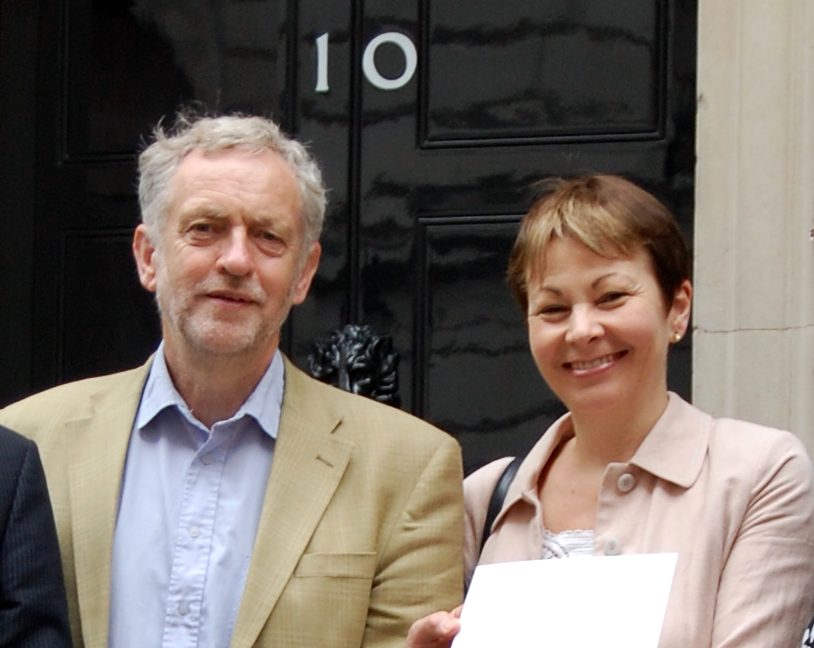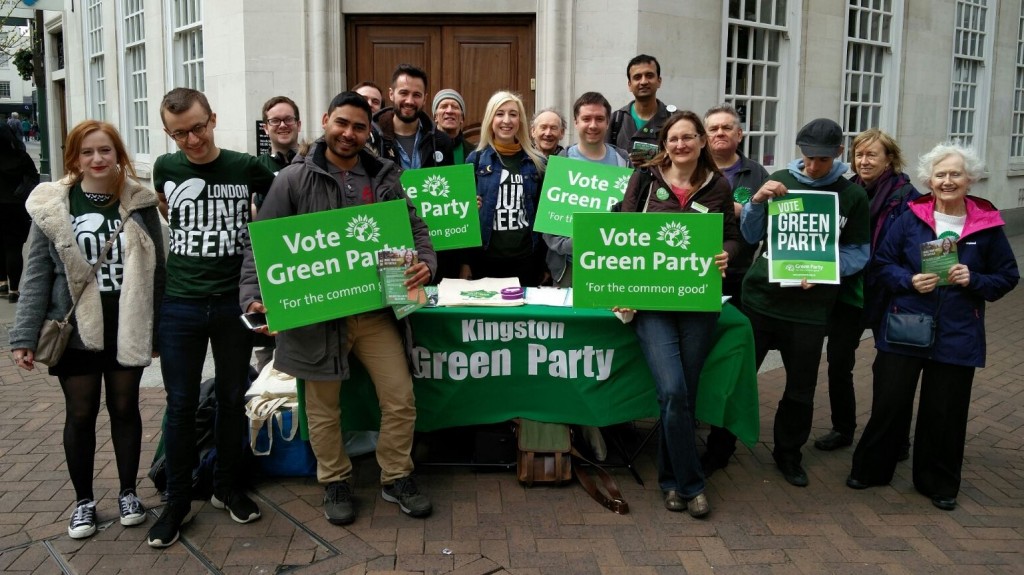legal aid and judicial review exists to protect us all
Legal aid and judicial review exist to protect everyone, ensure that everyone has access to justice, is innocent til proven guilty, call out the state on, and overturn, bad decisions and mistakes. This is the system that allows lawyers to work for people who cannot afford their fees and allows ordinary people to take the government or the local council to court. No surprise then that the government is trying to get rid of both.
Most people tend to think that they’re not going to have a brush with the law or ever need to sue the government or council. But legal aid is one of those things that you don’t know you need. But when you need it, you tend to need it badly. Because your partner has a car crash and becomes disabled, and social services won’t provide the support they need. Or until you go on a protest, and the police get heavy handed and decide to arrest or beat up you and your friends.
The discriminatory ‘residence test’
One of the most controversial elements of the new changes is the residence test, which will prevent access to legal aid if you are not resident in the UK or haven’t been resident continuously (and lawfully) for 12 months.
It will mean that people in immigration detention centres, like William, will no longer be able to fight for justice in the UK. People will be held in prison-like centres with no time limit and no lawyer. William is in his 50s, fled Liberia in the 1990s after his torture and the rape and murder of his fiancée. He has Post Traumatic Stress Disorder and bipolar disorder. Thanks to legal aid, he has sued the government for unlawful detention in an immigration detention centre and won. He has fought for humanitarian protection in the UK and won. And he’s just started his first petition to fight for everyone’s right to legal aid. And he wants to win.
Removing government from accountability to ordinary people
Lawyers will also no longer be paid for judicial reviews unless they are granted permission by a judge to go forward into a full hearing. Perversely, even where the government backs down before the case comes to court, the lawyers who have successfully defended their clients’ rights will go unpaid. This will particularly affect disabled people or people at risk of homelessness and their families, who threaten judicial review to force the Local Authority to deliver the service they need, such as specialist education, respite care, community mental health services and emergency housing. It effectively removes the national and local government from accountability to ordinary people who are fighting for their rights and for justice to be upheld.
Too thick to pick?
This week Grayling said that he would back down and people in police custody would be able to choose their solicitor. But it is a meaningless ‘concession’ given that the choice is likely to remain between TescoLaw, G4S or Eddie Stobart as the rest of the proposals stand to decimate the legal profession, particularly small, niche and human rights based firms. Chris Grayling justified this proposal by saying ‘I don’t believe that most people who find themselves in our criminal justice system are great connoisseurs of legal skills. We know the people in our prisons and who come into our courts often come from the most difficult and challenged backgrounds.
When examining these proposals and their devastating impact, it’s devastatingly clear that upholding justice is not a concern of the Secretary of State for Justice. His concern is not cost either. That is simply the smoke screen behind which the government is daring to remove itself from scrutiny and redress. But Grayling this week when questioned by the Justice Committee couldn’t even be bothered to maintain the smoke screen. He said that the decision to remove legal aid from prisoners was ideological, not a cost saving measure. The same is true for the proposals in the entirety. As new evidence from Matrix Chambers shows, the government’s estimated savings of £6 million are completely dwarfed by the knock-on costs of £30 million stemming from an increase in self-representation, increase in court costs and implications for prison safety.
William is used to winning his fights against the government. But this will be hard. Let’s stand with him, with each other. We need to win to prevent the government dissolving democracy and justice.
Sign William’s petition and get involved/organise protests to ensure that that these proposals are binned.




Leave a Reply